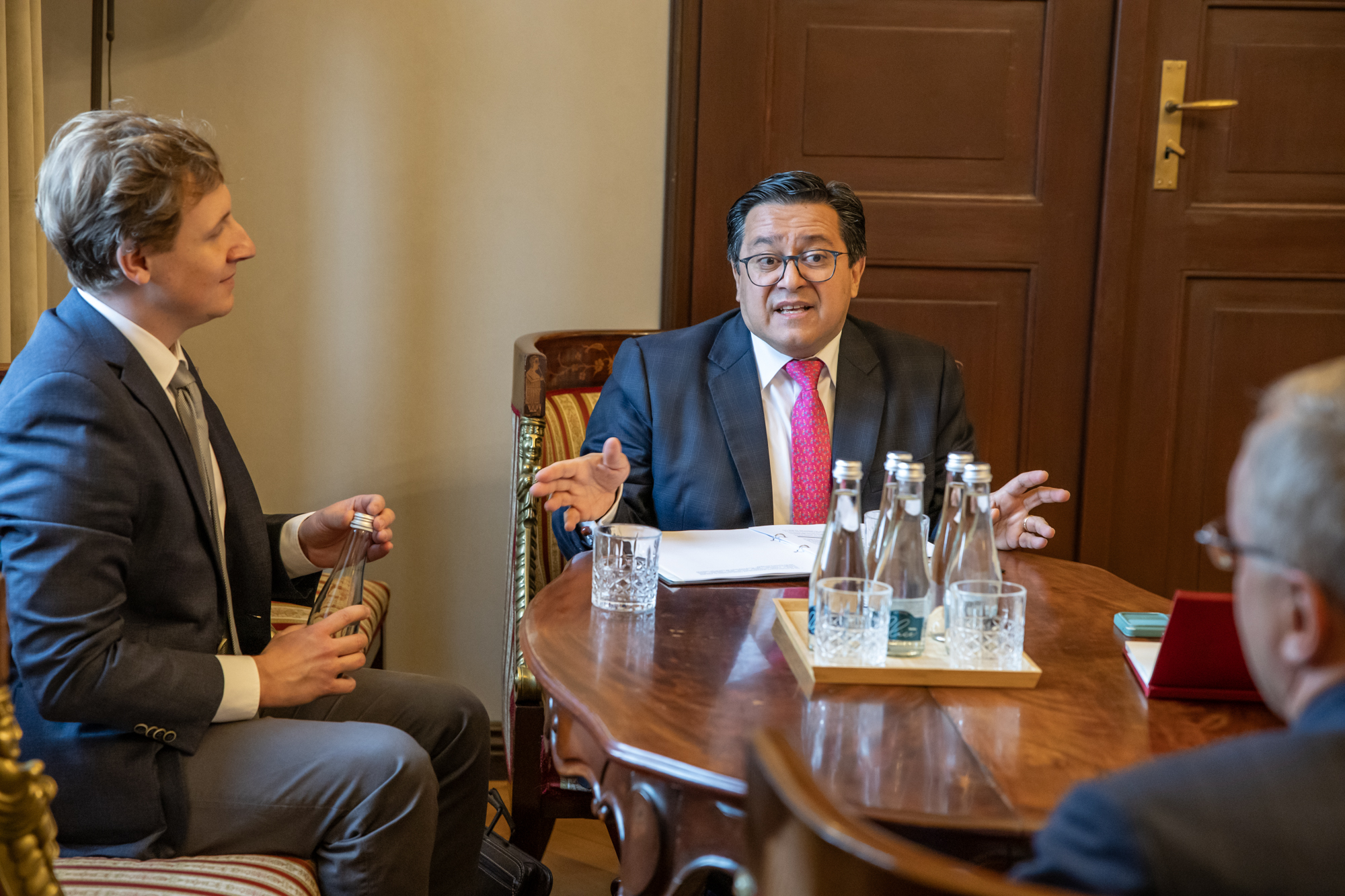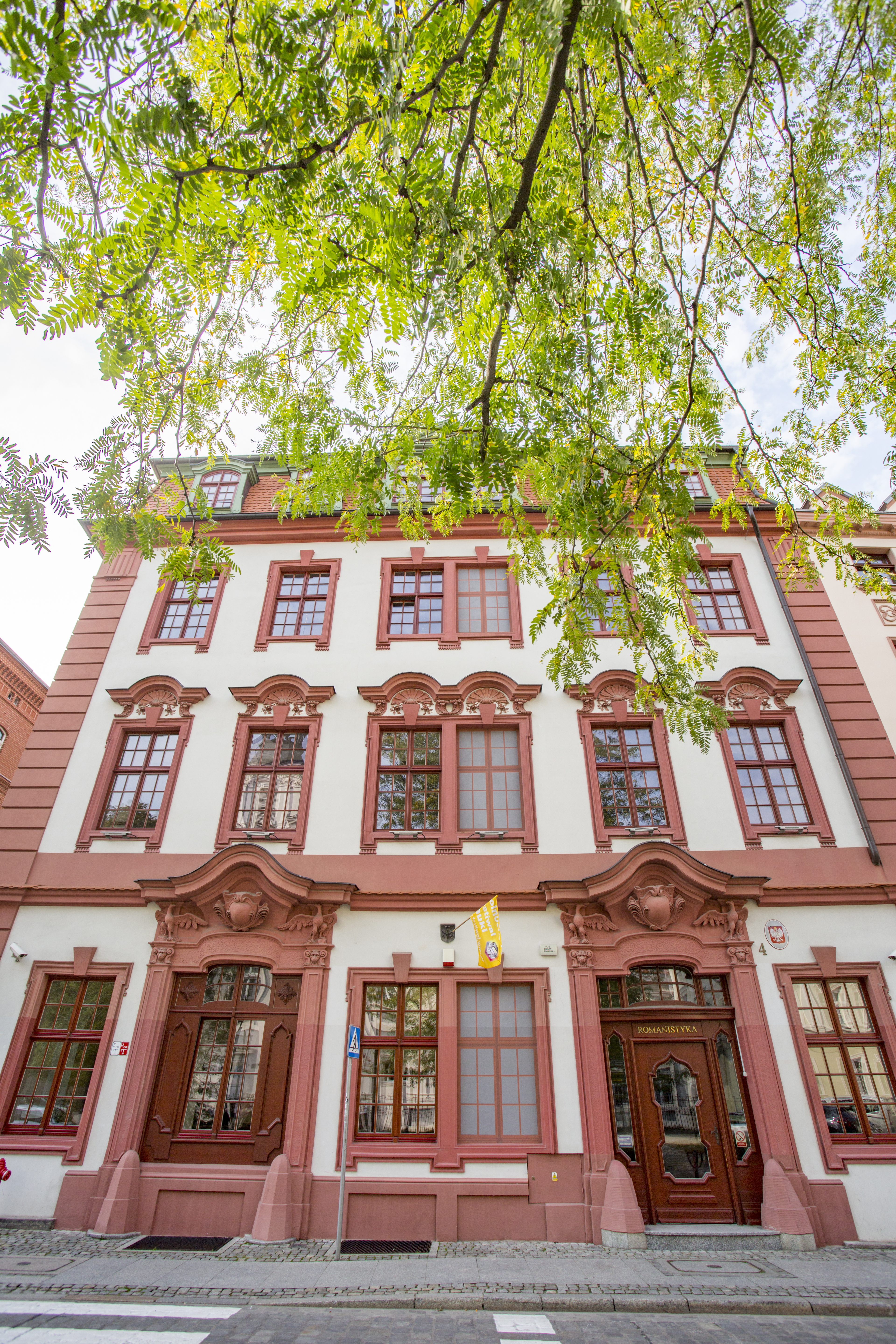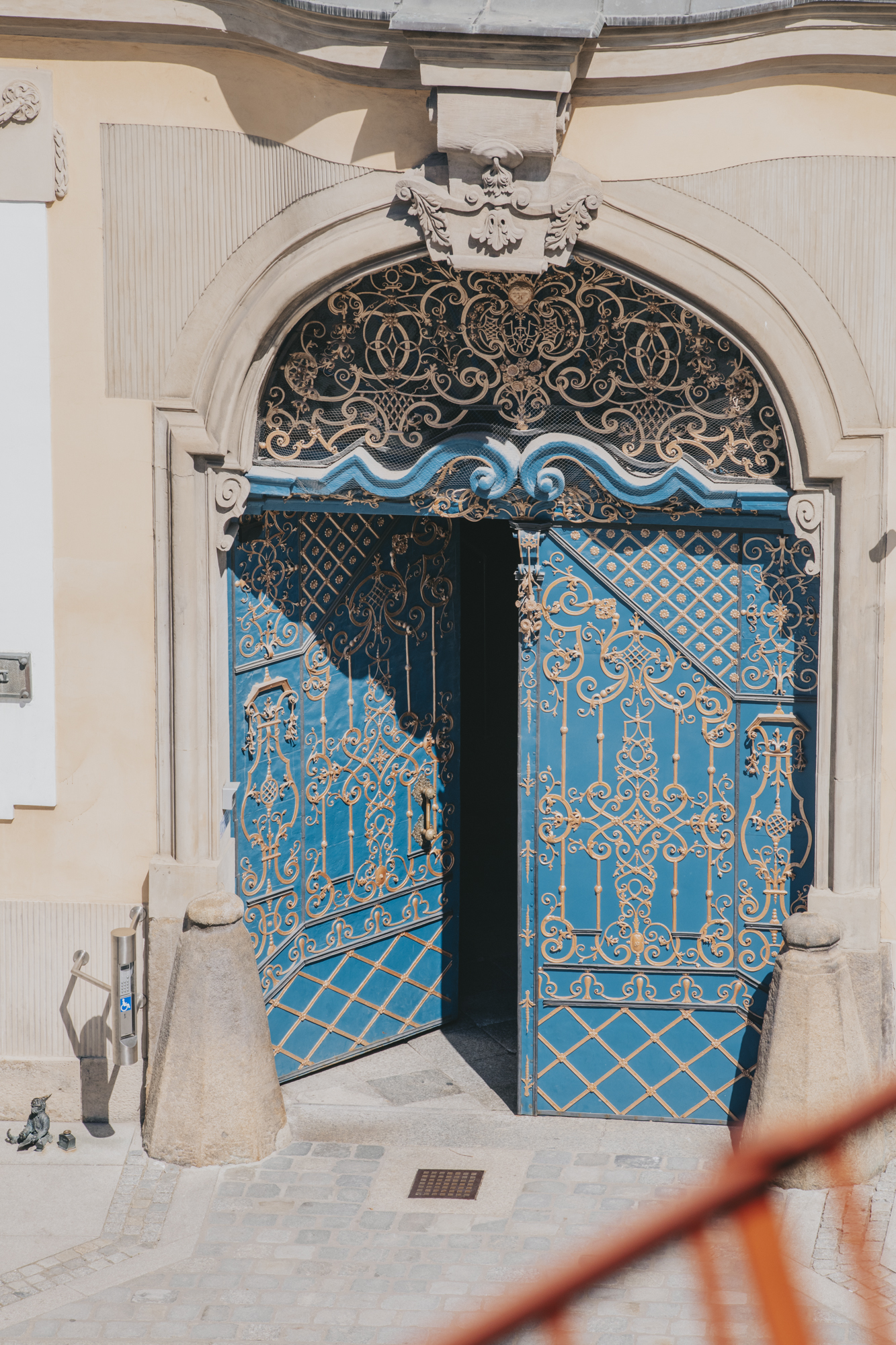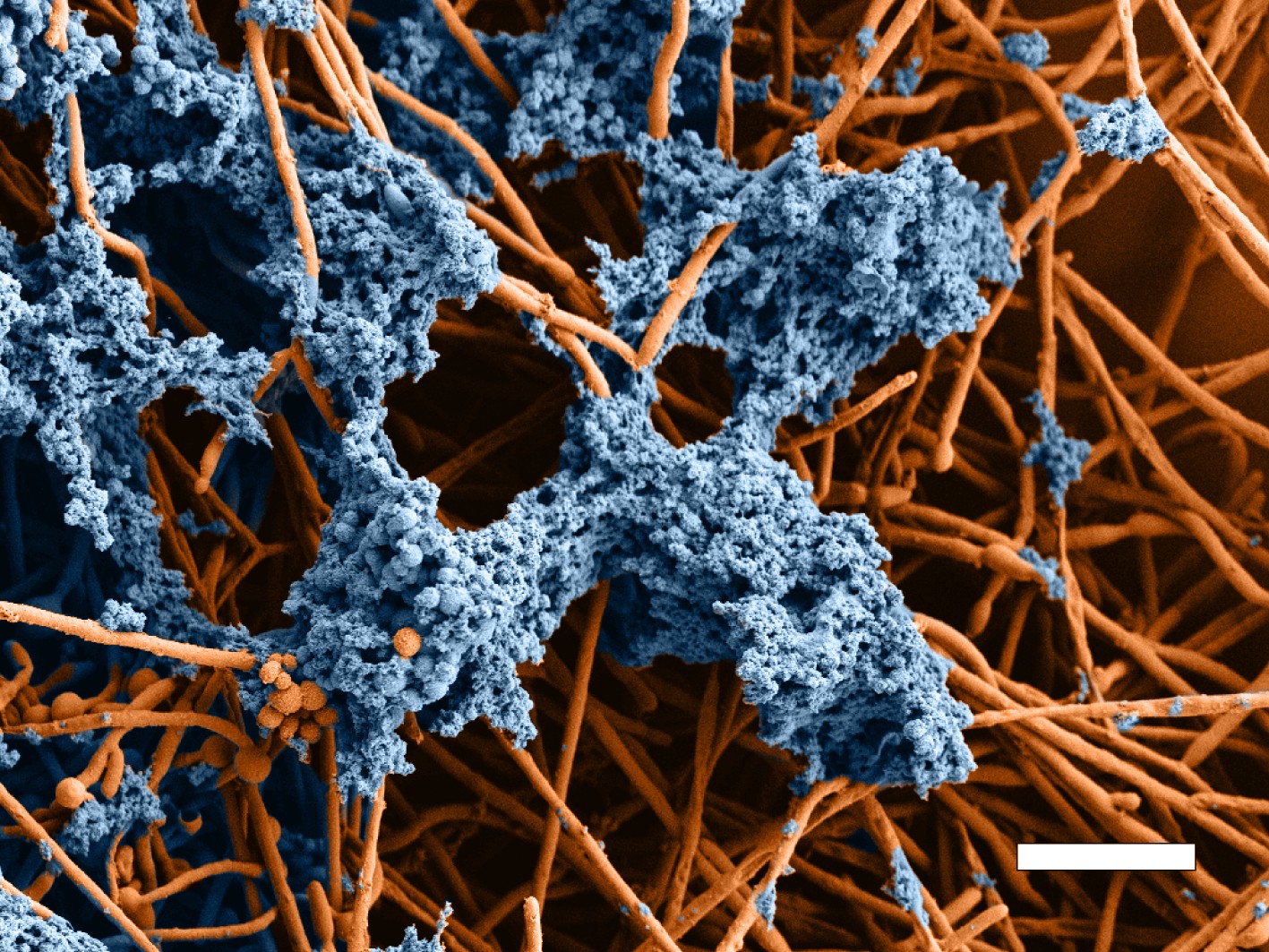News
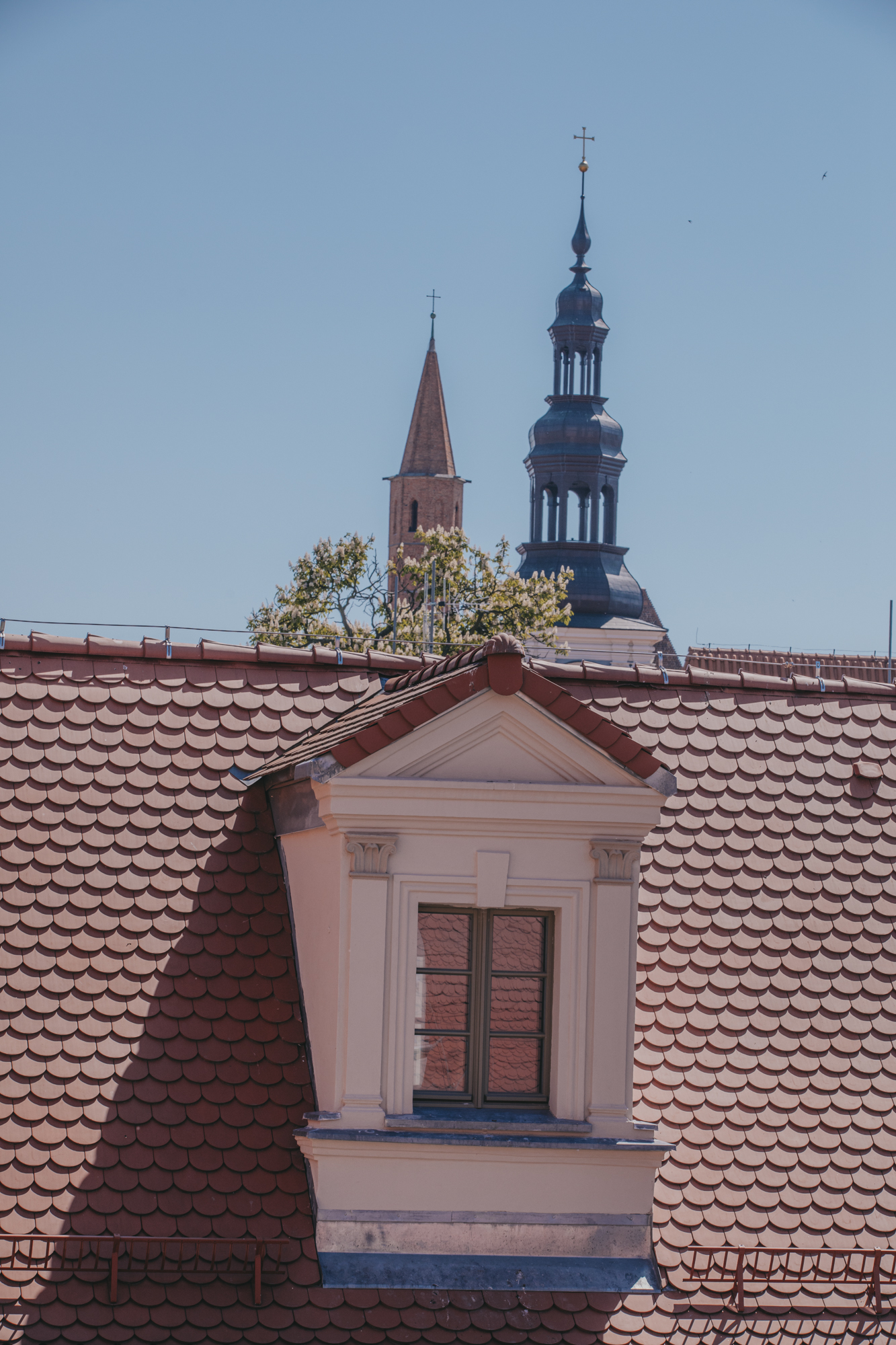
We have great news for all those who are planning to publish a scientific book. On Friday, 14 March 2015, Ordinance No. 65/2025 of the Rector of the University of Wrocław concerning the possibility of obtaining funding from the Rector’s Fund for publishing with WUWr came into force. The University of Wrocław Press has already prepared an iconography and compiled the most important information summarising the changes to the regulations on support for publications from the Rector’s Fund.

The Department of Bohemian Studies at the Institute of Slavic Studies at the Faculty of Languages, Literatures and Cultures of the University of Wrocław is organising an innovative scientific and didactic-training programme Wine in Language, Literature and Culture from 17-21 March 2025, during which students from partner universities – L’Orientale University of Naples, Masaryk University in Brno and the University of Ostrava – together with students of Czech philology, will take part in interdisciplinary activities with the theme of wine culture in its broadest sense and its echoes in contemporary humanities.
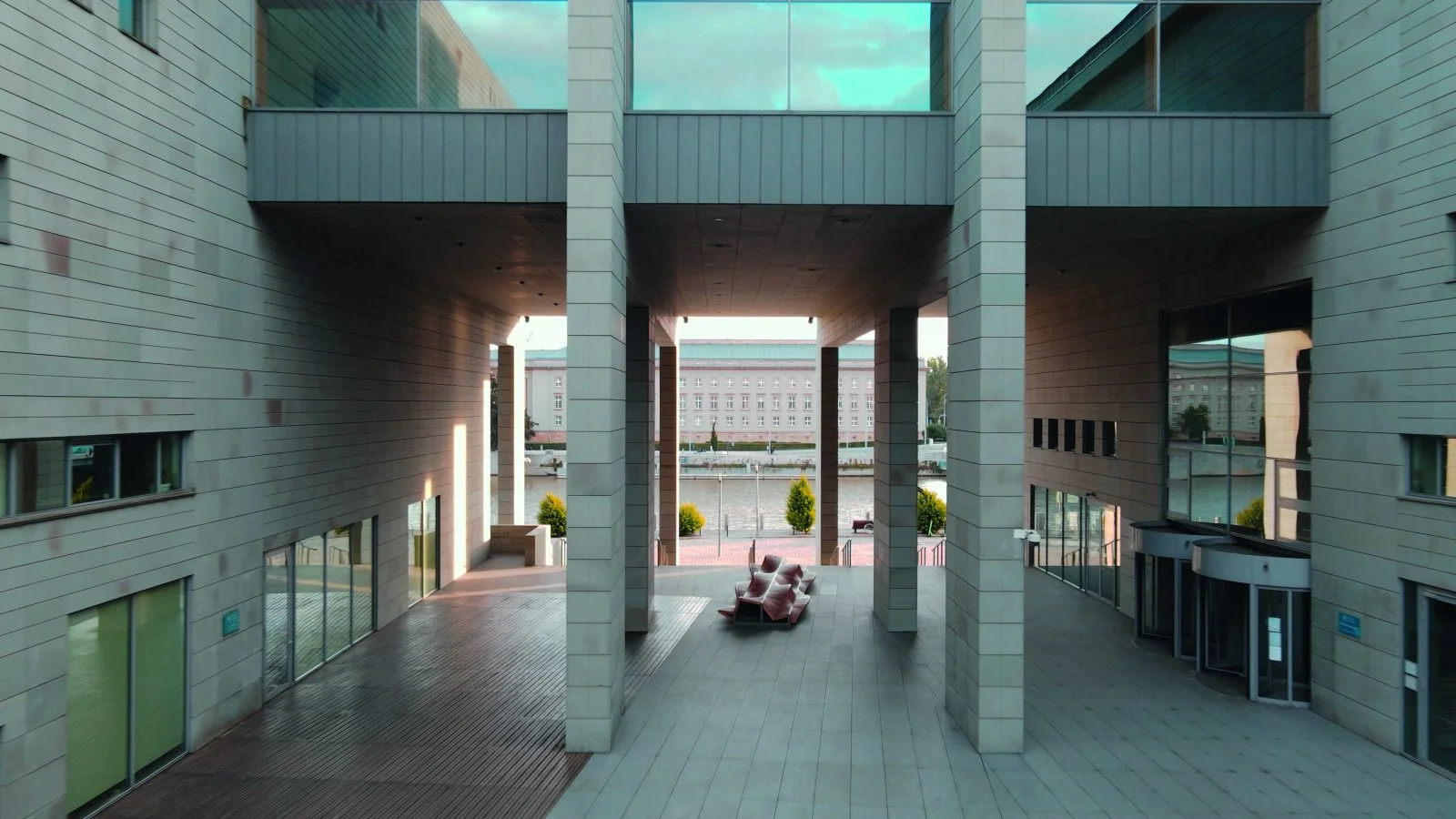
The Library of the University of Wrocław is delighted to invite secondary school students to a unique event – the premiere edition of NIE!straszna Biblioteka – Open Days at the Library of the University of Wrocław. This is a unique opportunity to discover the fascinating world of science, culture and modern library technology!
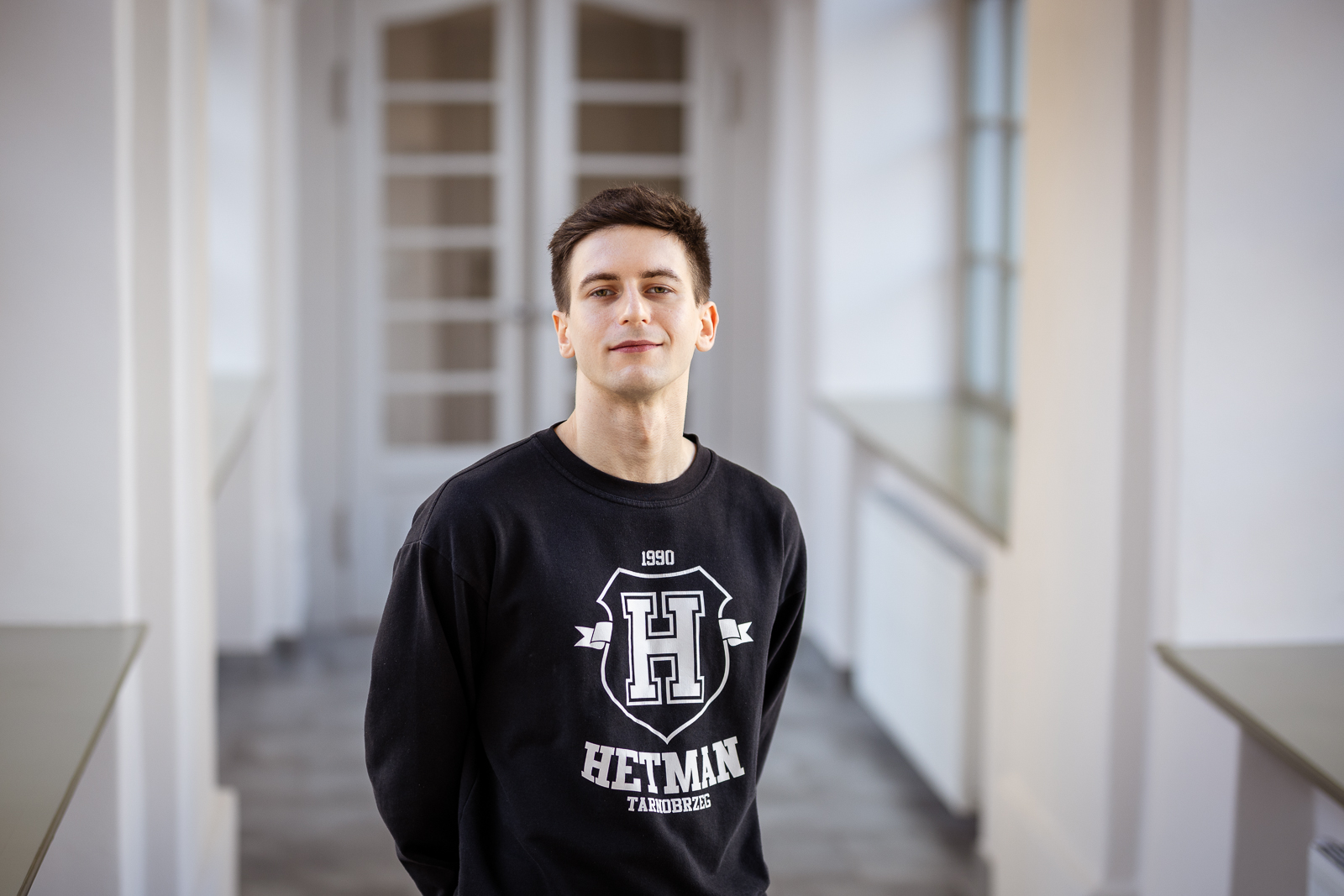
As was the case last year, our student was among the winners of the Polish Mathematical Society’s competition for the best student paper on the theory of probability and applications of mathematics. The results of the LVIII edition of this competition were announced on 19 February. This time, among the winners was our graduate, Witold Płecha, whose master’s thesis entitled ‘Some Limit Theorems for Random Randomness. ‘Some Limit Theorems for Random Weighted n-partite Complete Graphs’, written under the supervision of dr Piotr Dyszewski (UWr Mathematical Institute), took second place.

The University of Wrocław and the Council for Scientific Excellence invite you to the conference ‘Postępowania awansowe w świetle dotychczasowych doświadczeń. Praktyka organów I i II instancji’ (eng. Promotion proceedings in the light of experience to date. Practice of bodies of first and second instance), which will be held on 24 March at the Conference Centre of the Library of the University of Wrocław (room 3, ul. Fryderyka Joliot-Curie in Wrocław).
The staff of the UWr Institute of Romance Studies would like to invite you to the ROMANCE STUDIES WEEK. This […]
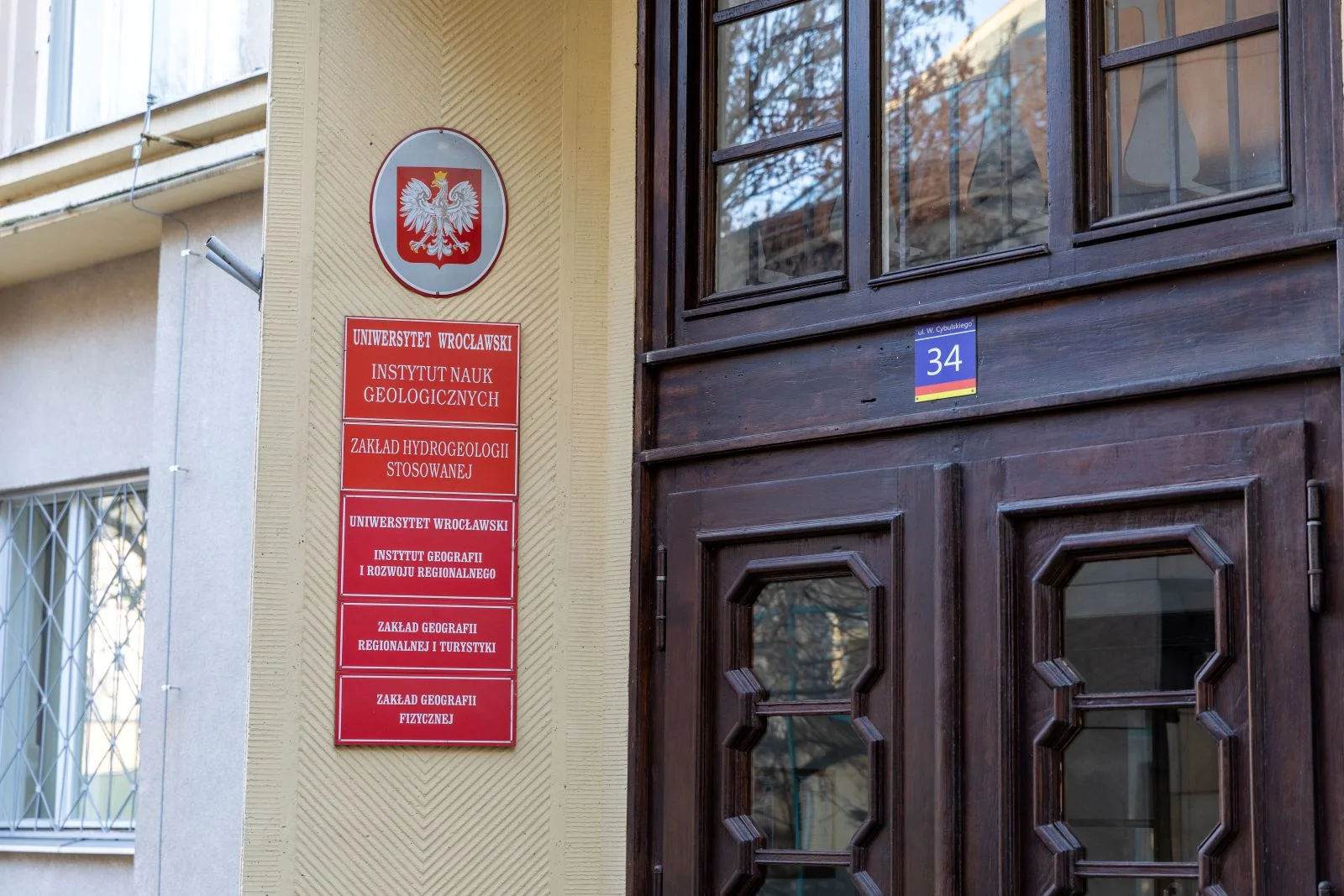
The Institute of Geological Sciences of the University of Wrocław invites you to another open lecture in the series Secrets of the Earth and the Universe, which will be delivered by a licensed and experienced mountain guide and a graduate in geology from the University of Wrocław – mgr Adam Wojtyna.
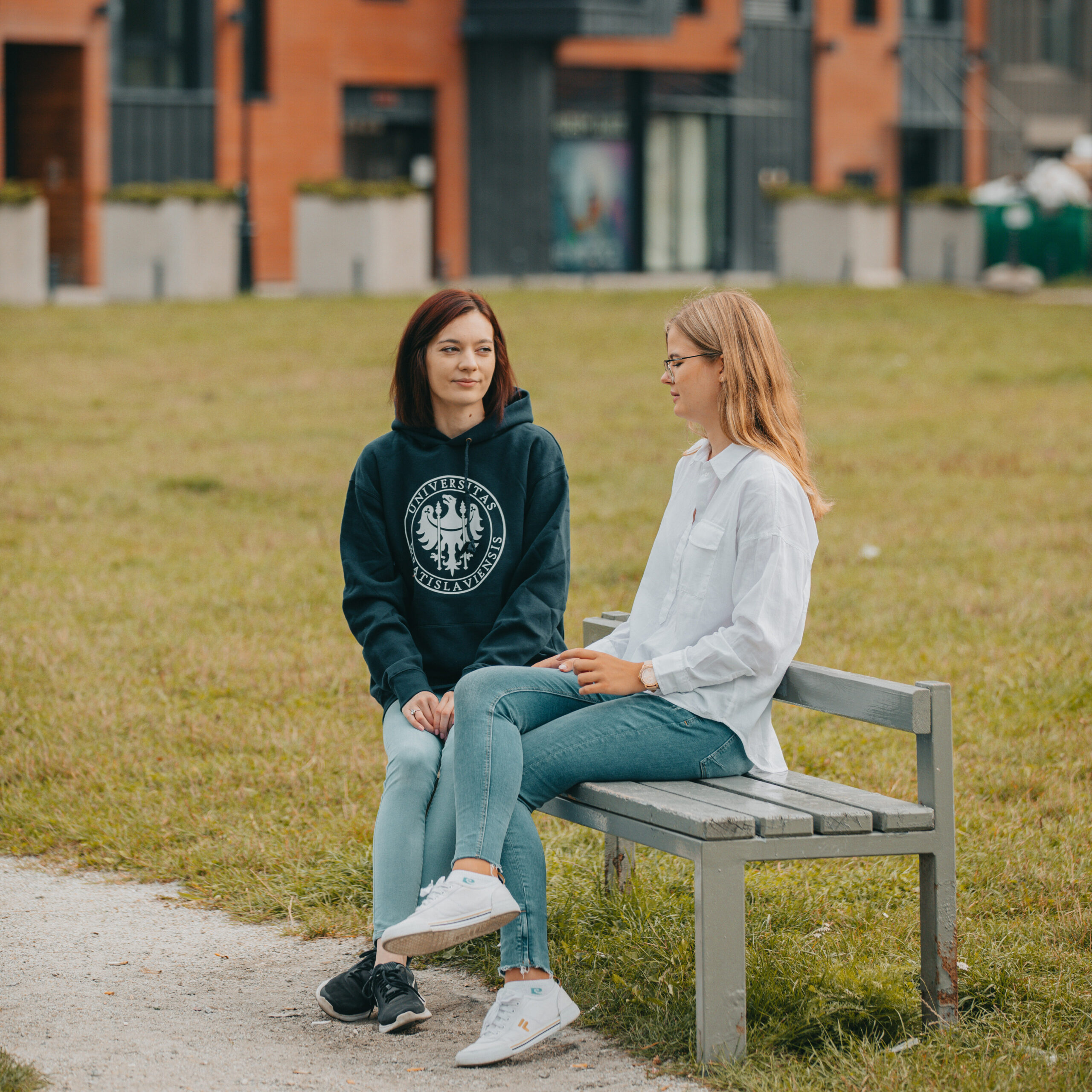
The Polish Association of Psychology Students and Graduates in Wrocław invites you to a nationwide popular science conference, which will take place on 5-6 April 2025 at the Odra Centrum cultural and educational centre in Wrocław. The topic of this year’s edition will be mental disorders, psychosexology and psychedelics.
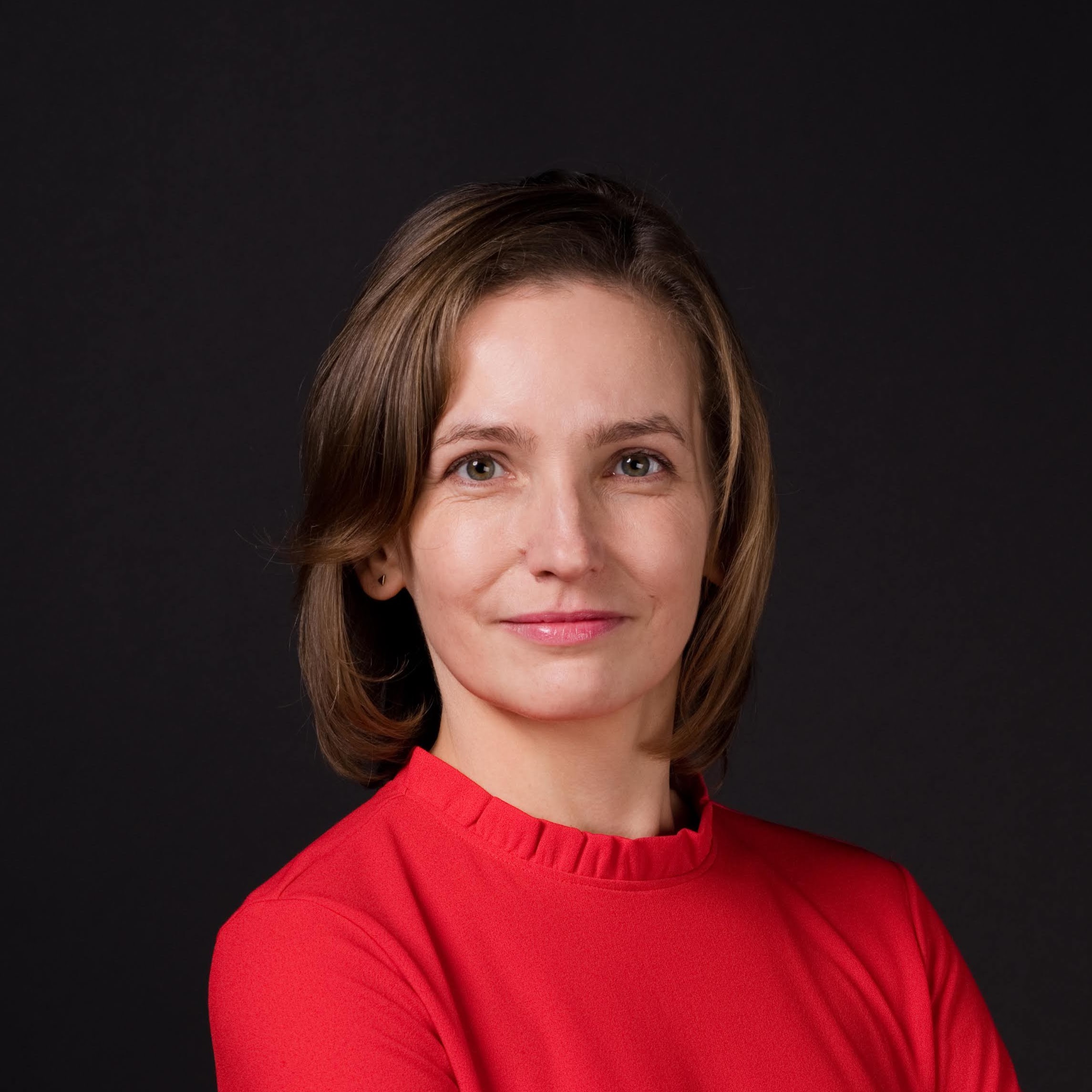
Dr Anna Grochowska from the Department of Spatial Planning of the UWr Institute of Geography and Regional Development, together with a team of dr hab. Sylwia Dołzbłasz, prof. UWr (UWr Department of Land Management), dr Aneta Marek (UWr Department of Regional Geography and Tourism), and prof. Francesco Pagliacci (Università degli Studi di Padova), received a NAWA 2024 Intervention Grant in January for the project: ‘Flood risk awareness and management: the analysis of the effectiveness of measures and public perception’.
As part of the Visiting Professors Programme (IDUB), prof. Robert Zarnowski, from the University of Wisconsin-Madison, USA, will give an […]




